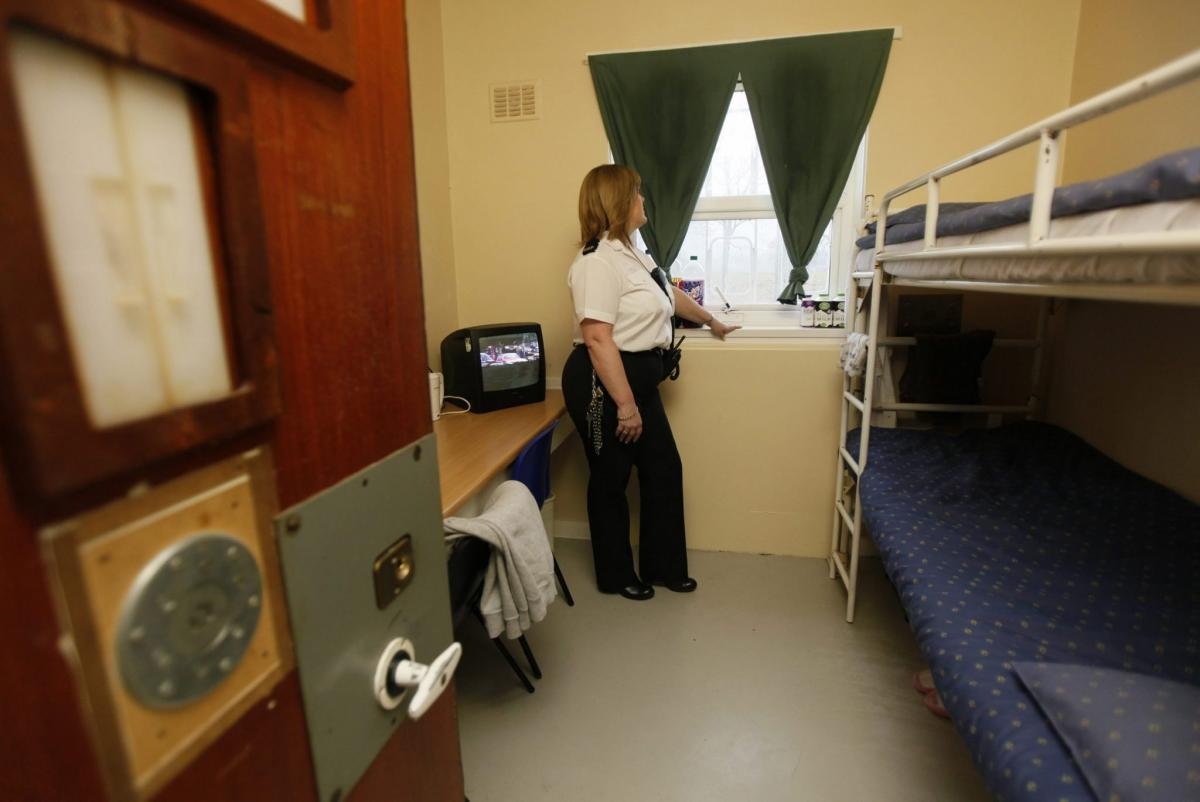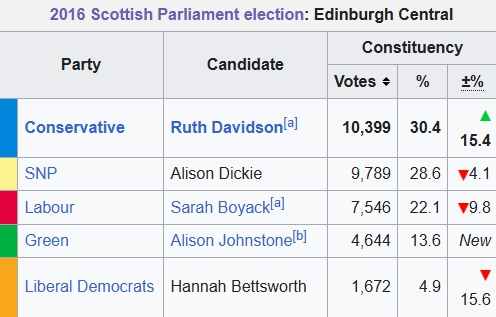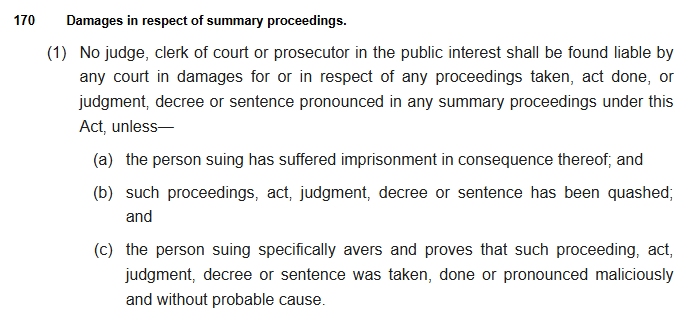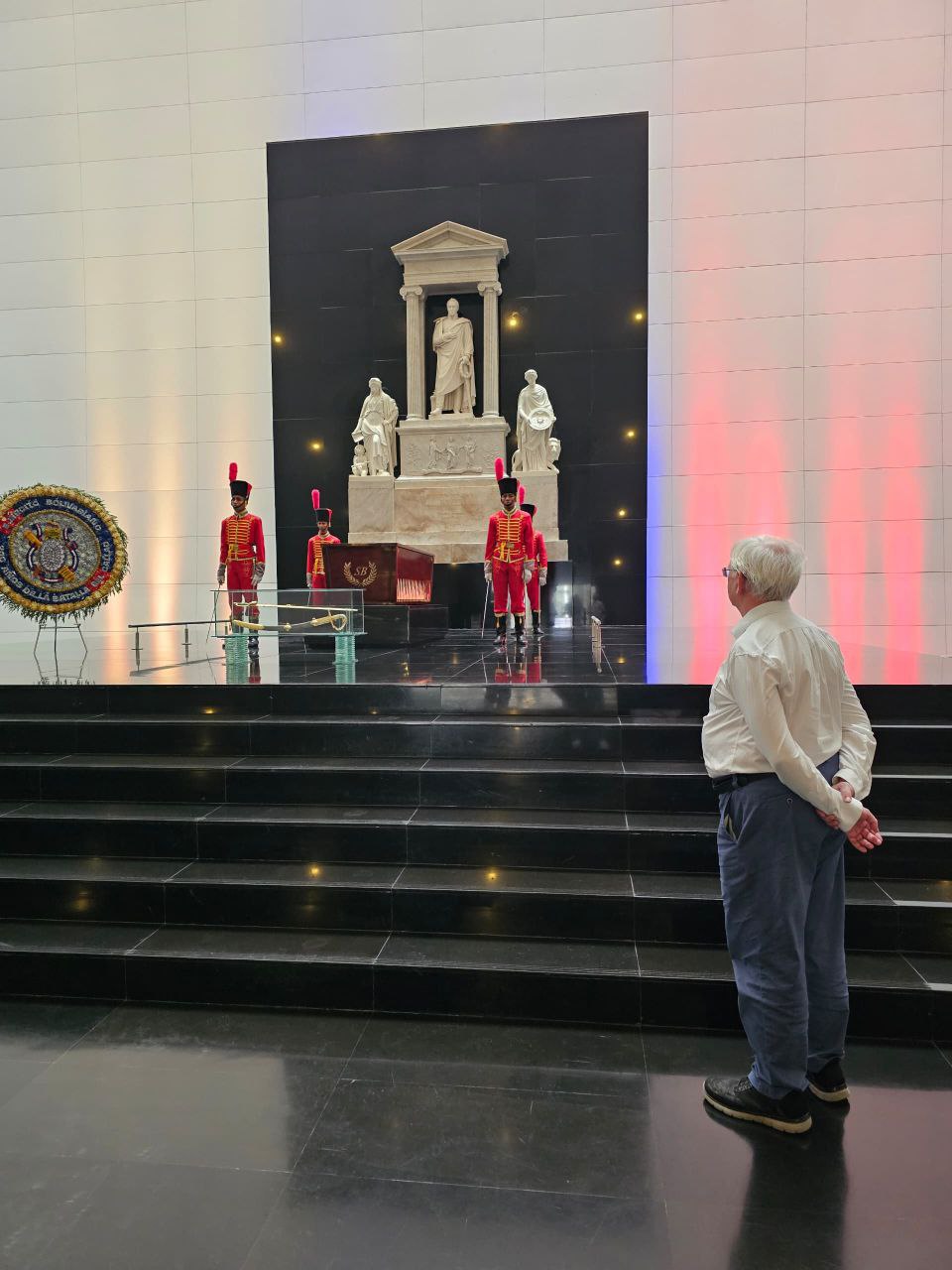SCOTLAND EXPECTS
A guest article from Peter Young, who runs IndyScot News from his home in Denmark. Always creating a powerful message in the most delightful way. Great writer. Scotland Expects A decorated open lorry has arrived at the main square in our neighbouring town. On board is an entire class of raucous ‘Third G’ students. Their lorry isContinue reading "SCOTLAND EXPECTS"
A guest article from Peter Young, who runs IndyScot News from his home in Denmark. Always creating a powerful message in the most delightful way. Great writer.

Scotland Expects
A decorated open lorry has arrived at the main square in our neighbouring town. On board is an entire class of raucous ‘Third G’ students. Their lorry is adorned with handwritten signs on sheets (not all polite),equipped with a DJ, a loud sound system, and crates of beer.
Today is a moment of national celebration across Scotland’s independent neighbouring nation. You see, Danish high school students have received their ’studenterhuer’, marking their graduation and the end of their formal education. Not all will have received the grades they wanted, but just completing is an achievement.
My wife and I are spectators to all of this as we enjoy lunch on the terrace of Cafe Vivaldi, in Hilleroed. We’re actually here to celebrate the end of her school year, and some well-deserved weeks off. From our shady spot under the trees there’s a good view towards Frederiksborg Castle, the red brick ‘Raadhus’ (the city chambers) – and the students.
The lads and lassies in their white caps all exit the back of the lorry and enter a passageway. The reason they’re here is that one of them lives nearby.
From the moment they left their high school earlier in the day, they’ve been visiting the home of each and every class member. These trips can take in all types of homes, from city apartments to plush villas. But no matter the social background, all are equal today. There is little of the class snobbery we Scots are sometimes subjected to, but truth be told, Denmark is a far more homogeneous nation when it comes to social equality.
The girls are mostly dressed in traditional white. The lads are smart but due to the heat some are ‘taps aff’, though sporting a tie. Oh, and two are wearing banana costumes for reasons that are not entirely obvious to me. After about 15 minutes they all emerge having enjoyed some kind of ‘refreshment’.

As they drive off they wave and we all wave back to join in this life-affirming celebration of youth and a future generation coming of age.
To be honest, this time of the year was always a bit alien to me. It was light years from any teenage experience I could relate to. For Danes, it’s known as ’den soede studentertid’ – the sweet or lovely student time. I only fully realised why it was called this, when my own bairns reached this stage a few years ago. I became caught up in the whole event. The graduation ceremonies are solemn but happy. There’s nothing better than seeing the smiles of your own as they receive their certificates and their student caps. Mine were bursting with pride, and also relief that the hard work was finally over. At last, it was their turn to ride the decorated open-top lorries – and to party!

Those youngsters on the ‘studentervogne’ lorries will remember this weekend for the rest of their lives. Over the next few days, most will have a large party at home, often held outside under a marqee. These parties are for close family and friends. The new high school graduates will receive presents and a good financial boost in their bank accounts from parents and relatives, who’ve saved up for this day. You see, here it’s all about the next generation. It’s all about them being seen, heard and celebrated, in a uniquely Danish way.
That’s the thing about national traditions in small countries, they bond nations together – and there can be no greater national cause than helping the next generation on its path through education and into the adult world.
No expense is spared at this time, even the most modest homes put on a grand celebration for their ain. And as mentioned, all are equal on this day.
Similarly tipsy students piled into our modest villa and garden a few years ago, and yet a few stops later were welcomed into homes on up-market Strandvejen that had Ferraris parked in the driveway.

Ostentatious displays of riches impress few on this side of the North Sea. Danes are like Scots in this respect, if anyone puts on airs and graces they are quickly brought down to earth. Denmark’s ‘Jante Law’ (janteloven) means Danes like to emphasise the collective and can often show disdain towards an obsessive focus on individual achievements. So, if you turn up in Denmark, or any of the other Nordic countries, and think you’re smarter, better or richer than everyone else, try not to show it. You’ll be mocked mercilessly.
As I write this, lorries full of high-spirited ‘studenter’ are passing by my rural location at regular intervals. As an exile does on these occasions, my mind drifts back to memories of Glasgow. There was little fanfare when we left school in the early 1970s. As I may have mentioned before, our final class at secondary school in Glasgow’s East End was made up of instructions on how to sign up for unemployment benefit – aye, the buroo That’s what decades of 20th century Britishness gifted Scotland’s youth of my generation.
On our visits to the buroo we were perhaps expected to think ourselves lucky amidst the urban decay all around us as factories and industries shut down.
There was, of course, huge potential just around the corner. It turned out that Scotland and Norway had vast riches under the seabed of our territorial waters in the form of North Sea oil. However, only one of these nations benefitted – and boy did its people benefit. Here in Denmark, a much more modest sector of the North Sea was used to boost the economy of the entire country – sports halls, swimming pools, infrastructure projects across the nation.
Our colonial masters in London like to goad us with insults, such as describing a potential independent Scotland in typically racist terms as, ‘Greece without the sunshine’, but most thinking Scots know that we are Norway without the independence.
So, how do we Scots celebrate our youth today? What level of social equality has our nation achieved for them under Westminster rule? The SNP government under Alex Salmond brought positive changes in spite of the constraints of devolution. And he did well enough that a majority of native Scots (53%) voted for independence in 2014.
Perhaps it was our lack of national self worth, or the fact that we’re used to others outside our nation making decisions for us, that meant we allowed non-Scots, some of whom had only been here six months, to decide our ancient nation’s constitutional future. Whatever the reason, it certainly made us unique among the nations of the world, but not in a good way. Sadder still, we deprived that generation of youth the chance to live and prosper in a pro-European, independent state.
It was John Kennedy who said that one of our most basic common links is that ‘we all cherish our children’s future’. If we Scots truly care about the next generation, then the greatest gift we could give our bairns is the inheritance and birthright – their own nation, through national independence.
Nicola Sturgeon has, in her presidential style, planned an announcement this week. There will be a referendum next year, no ifs or buts. Having assumed a role more akin to a head of state than a First Minister, she’s been promising a referendum ‘next year’ for several years, so this is, most definitely, her last chance saloon.
Independence will be followed by national elections, and the SNP may split into its constituent parts. Our new nation will be able to adopt a fairer PR voting system, perhaps similar to our Nordic neighbours where there is usually high voter turnout because the public know their vote counts.
Why shouldn’t Holyrood have 10 parties as they have here in Denmark? Coalitions and consensus then become the rule rather than the exception, and most people can find a party that suits their political leanings. A variety of political parties means more representative democracy.
Independence will not only see us free of Westminster, and free of London-based colonial parties carpetbagging in Scotland, it will liberate us from the current SNP domination, which is based solely on them selling themselves as the vehicle to independence.
This coming week will either be the beginning of the end of the UK, or the start of the SNP’s demise as a credible party of self-determination. Unless the current crop of MP/MSPs deliver on their promises, they will be viewed as little more than careerists and imposters on the make. If they fail now, #GE2024 in Scotland could, and should, be a repeat of #GE1918 in Ireland. That was the year that the traditional party of home rule and independence was swept aside by a more radical pro-independence Sinn Fein. After their 1918 victory, Sinn Fein’s victorious MPs did not travel to Westminster. The Dáil Éireann was born, and the rest is history.

Scotland expects, and we owe it to current and future generations to reclaim our status as an independent sovereign state. We too can be a proud nation, secure in our national identity, treasuring our history and heritage – a country where we all cherish our children’s future.
MY COMMENTS
I greatly look forward to Peter’s articles because he treats topics in a most interesting gentle way. He writes well and despite his gentle phrasing can often land effective punches with deceptive style. This article is no exception. I was much taken by his description of Danish youth being equal and sharing the pleasure of finishing school by visiting everyone’s homes. That seems an excellent way to build community spirit. He signals what could be very different in an Independent Scotland if we could break free of the class divisions that are the hallmark of our southern neighbours. I found it a very uplifting read.
I am, as always
Yours for Scotland
BEAT THE CENSORS
Sadly some websites that claim to be pro Indy have turned out to be only Pro SNP sites and have sought to ban any websites that dare to question SNP Policy or tactics. They seek to avoid the public being aware that alternatives to waiting for Westminster to “grant” Scotland a Section 30 to hold a referendum exist. Issues like the flawed franchise, the Claim of Right route, the work of the SSRG and Salvo fill them with dread. As this blog promotes all routes, including alternatives I am banned from these sites and am therefore very grateful to my readers, who knowing about these efforts to ban and suppress go out of their way to subscribe and to share my articles far and wide. It is a good thing that attempts to restrict free speech and censor are defeated in this way.
FREE SUBSCRIPTIONS
Free subscriptions are available on this site from both the Home and Blog pages. This will ensure you will be notified every time a new article is posted. Each article already gets posted to many thousands of people, I hope you will come and join us. You will be most welcome.
What's Your Reaction?











































